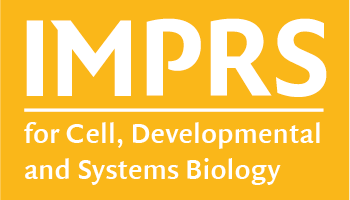Registration deadline: 28 February 2020
AIM OF THE COURSE:
Fluorescence microscopy is a key driver of discoveries in the life-sciences, with observable phenomena being limited by the optics of the microscope, the chemistry of the fluorophores, and the maximum photon exposure tolerated by the sample. These limits necessitate trade-offs between imaging speed, spatial resolution, light exposure, and imaging depth. While the image formation process in electron microscopy is quite different, similar limitations apply also there.
In this course we will introduce all students to recently developed software packages that make heavy use of deep learning to enables biological observations beyond the physical limitations of microscopes.
The number of participants is limited to 12. The course is open for DIPP PhD students and CBG Postdocs.
We will inform you after 28 February 2020 whether a slot in the programming course could be assigned to you!

